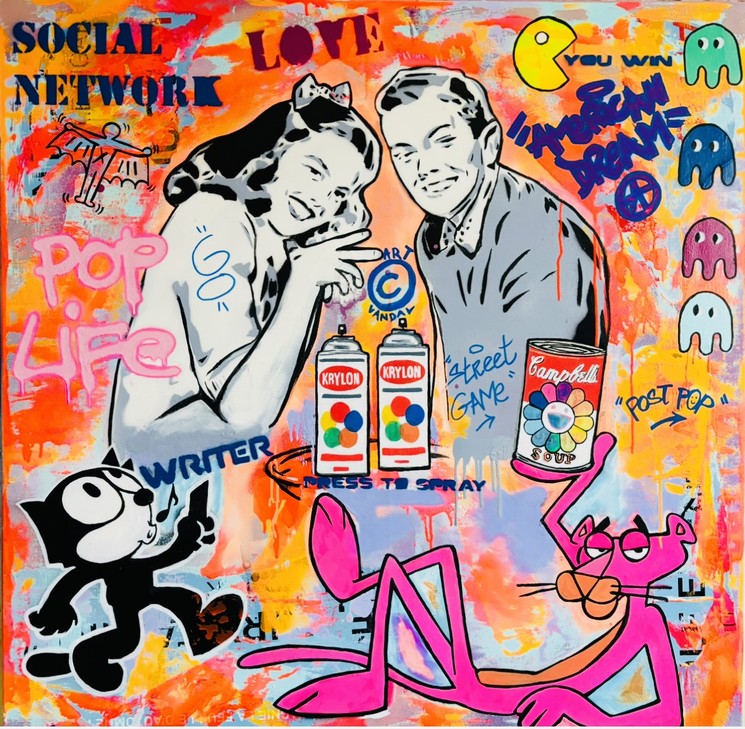Buzz Haven: Your Daily Dose of News
Stay informed and entertained with the latest buzz in news, trends, and insights.
How Reality TV Became a Cultural Institution
Discover how reality TV transformed from guilty pleasure to cultural phenomenon—uncover the secrets behind its lasting impact!
The Evolution of Reality TV: From Guilty Pleasure to Cultural Phenomenon
The landscape of reality TV has transformed dramatically since its inception in the early 1990s. Initially dismissed as a guilty pleasure, shows such as The Real World began to pave the way for a new genre of entertainment that blurred the lines between scripted drama and unscripted life. As the format evolved, producers increasingly tapped into the societal zeitgeist, creating captivating narratives that resonated with broader audiences. From talent competitions like American Idol to lifestyle shows such as Keeping Up with the Kardashians, reality TV has transitioned from niche appeal to mainstream obsession, capturing the attention of millions worldwide.
The impact of reality TV has extended far beyond the small screen, establishing itself as a cultural phenomenon that influences everything from fashion trends to social media conversations. These programs often spark discussions about societal norms, personal identity, and even political issues, as seen in shows like RuPaul's Drag Race and The Bachelor. Moreover, the rise of streaming platforms has propelled reality TV into a new era, allowing for innovative formats that engage audiences in real-time. As we continue to witness the evolution of this genre, it's clear that reality TV is no longer just a guilty pleasure but a significant part of contemporary culture.

How Reality TV Influences Modern Society: Trends, Norms, and Values
Reality TV has become a cultural phenomenon, shaping modern society's trends, norms, and values in unprecedented ways. Programs like 'Keeping Up with the Kardashians' and 'Survivor' not only entertain but also reflect and influence public perceptions of success, beauty, and relationships. For instance, these shows often portray wealth and fame as attainable goals, promoting the idea that one's worth is tied to personal branding and public image. As viewers engage with these larger-than-life personalities, the lines between reality and aspiration blur, leading to a societal shift where influencers and online personas increasingly dictate norms.
Moreover, reality television frequently challenges traditional social values by showcasing diverse lifestyles and relationships. By normalizing conversations around issues such as mental health, sexuality, and cultural differences, these shows can foster greater acceptance and understanding. However, this influence is not without its drawbacks; critics argue that reality TV often perpetuates stereotypes or presents a distorted version of reality that viewers may take at face value. As a result, society continuously grapples with the dual-edged sword of entertainment that both reflects and shapes modern values through its impact on popular culture.
What Makes Reality TV a Staple of Contemporary Entertainment?
Reality TV has become a ubiquitous element in contemporary entertainment, captivating audiences with its unique blend of authenticity and drama. Unlike scripted shows, reality television offers viewers a glimpse into the real lives of diverse individuals, showcasing relatable struggles, triumphs, and the complexities of human nature. This format connects with audiences on a personal level, as they see reflections of their own lives and experiences in the characters presented. The unpredictable nature of reality TV, where outcomes are not predetermined, keeps viewers engaged and eager for more, establishing a loyal fanbase that eagerly anticipates every season.
Moreover, the rise of social media has further cemented the significance of reality TV in the cultural zeitgeist. Fans actively engage with their favorite shows by sharing opinions and discussing plot twists online, creating an interactive experience that blurs the lines between viewer and participant. This engagement is amplified by reality TV stars who often cultivate their own online personas, generating a sense of intimacy and connection. As a result, reality TV transcends mere entertainment; it evolves into a cultural phenomenon that shapes conversations and trends, solidifying its position as a staple of contemporary entertainment.